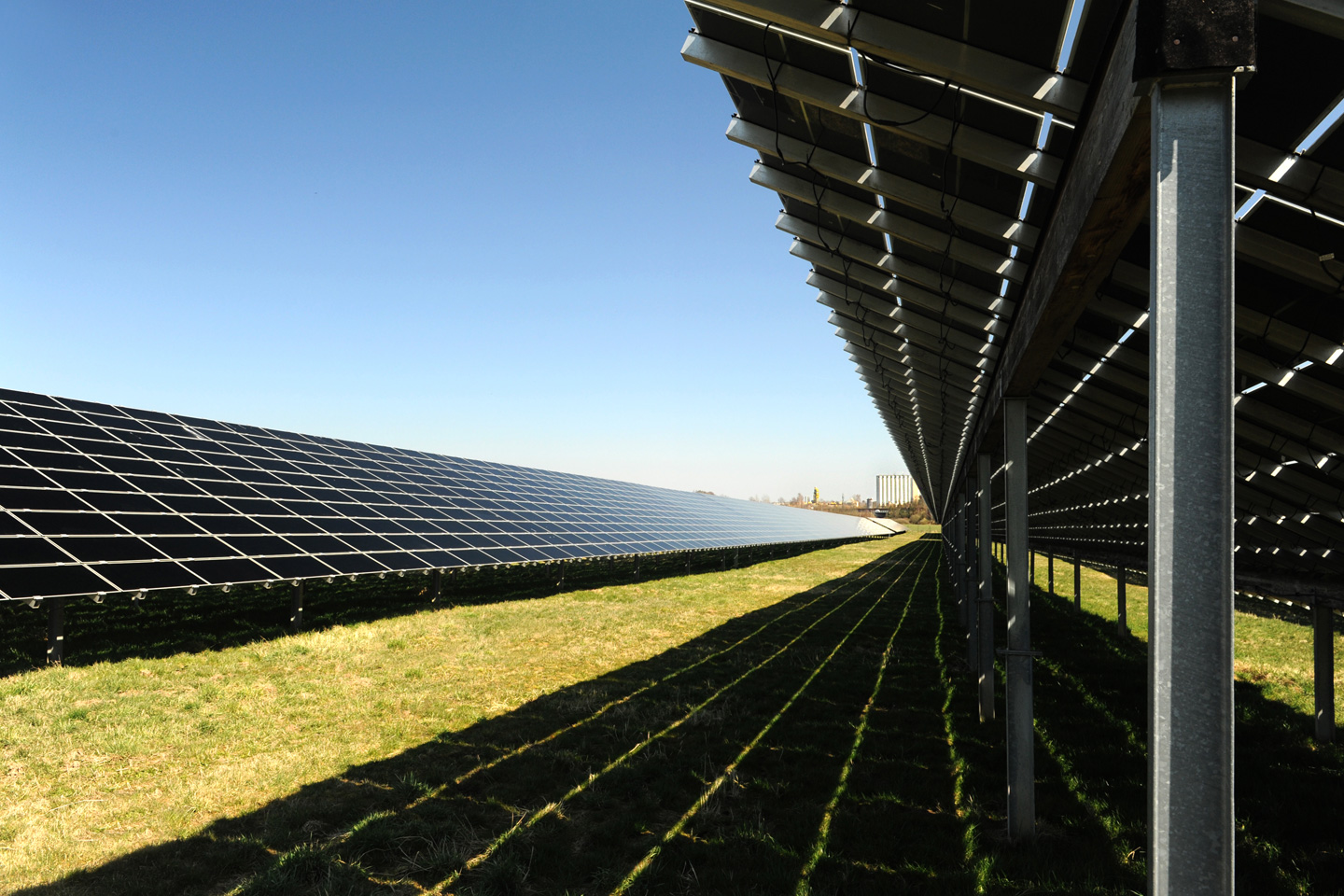
Digital

Digital
Digital infrastructure investment
We develop and invest in a variety of digital infrastructure and associated businesses, responding to the challenges facing digitalisation of the economy.
Key impacts and benefits
> 0.0 m
> 0 k
0 MW
Substantial investment in digital infrastructure will be needed to meet the future demands of the next generation, driven by the continual growth in data consumption by users and devices, the shift of data processing and storage from homes and offices to the cloud, and the continuous digitalisation and migration of economic activities onto the Internet. Additionally, the rapid advancement and integration of artificial intelligence technologies, which require significant data processing capabilities, further underscore the need for scalable digital infrastructure.
Our focus remains on identifying and investing in digital solutions that will meet the future demands of society and accommodate these evolving technological landscapes. We do this by working with both the private and public sectors, leveraging private finance from a range of sources, to develop assets and raise funds.
Fibre Infrastructure
Amber is a leading investor in fibre and is the fund manager for the National Digital Infrastructure Fund (NDIF), the first digital infrastructure Fund dedicated to the UK.

Modern, efficient and scalable internet infrastructure
The demand for data worldwide is now at its record peak following continuous growth over the past three decades. Data traffic is expected to more than double over the next decade as digital solutions become more integrated and critical to individuals, businesses and governments at all levels. This means an unprecedented need for development and management of resilient fibre infrastructure. The factors that fuel this demand for data are expected to continue to support significant increases in consumption, particularly as their use cases evolve.
The significant growth in data demand demonstrates the growing dependence on Internet connectivity across many routine activities at home, on the move, in the workplace, and more fundamentally into the enablement of commerce, supply chains, production processes, logistics, and service delivery in nearly every sector of the economy. Internet access has been labelled the fourth utility within the UK Government, while the United Nations has stated that Internet access is a human right.
Our investments in optical fibre are geared towards ensuring future-proofed, superior broadband connectivity to homes and businesses. Unlike copper-based technologies, optical fibre is specifically designed for high-bandwidth, long-distance data transmission, making it a cornerstone of modern, efficient, and scalable internet infrastructure.
Data Centres
The digitalisation of industry and the growth of online sectors have increased the reliance on data centres for flexible, scalable, and reliable computing and storage capacity.

Infrastructure vital to economic function
Our investments in data centres cater to a range of use cases, requiring both large central storage hubs for economies of scale and locally distributed sites for speed and flexibility. The trend towards co-location of data storage and processing externally in independent, third-party operated centres, alongside other data or content providers rather than on-premise, has resulted in significant cost reductions and operational efficiencies.
As other businesses move data to co-location centres or the cloud at an accelerated rate, services and applications are pulled even more in the direction of where the data resides, delivering further operational benefits including reduced latency, lower data transit costs and efficiency in workloads. With computing and storage increasingly consumed by data owners as-a-service, costs have evolved into operating rather than capital expenditure and hosting can now be rapidly scaled to meet additional requirements.
As businesses and users increasingly opt for cloud-based services, the connectivity, computing and storage infrastructure that enables cloud computing has become as vital to economic function as traditional utilities like electricity and water.








